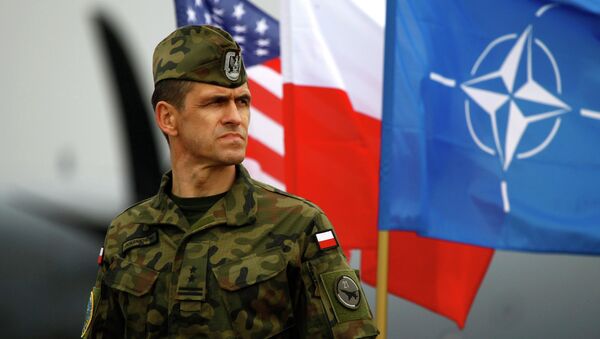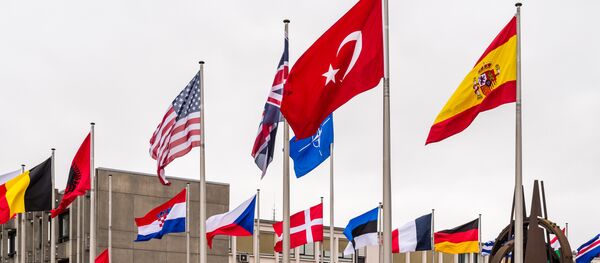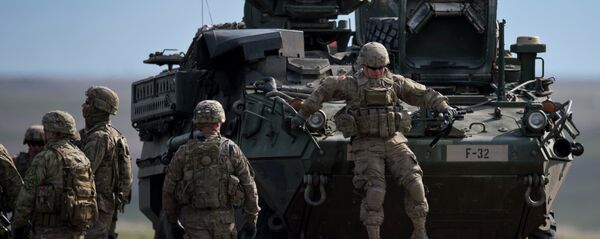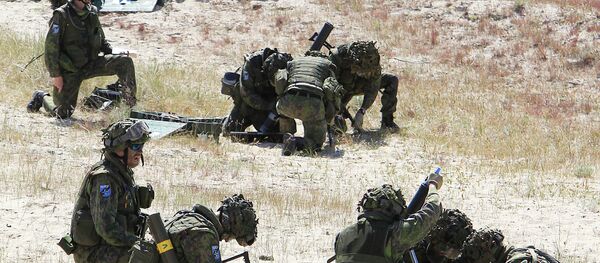The classes, scheduled to last up to four hours a week, will cover a variety of topics, including Poland's participation in NATO war-games and the bloc's potential permanent base in the country (something Germany has opposed).
Polish schools have already received all the necessary material for the classes, the Foreign Affairs ministry said.
Poland's ruling Law and Justice Party has long advocated for NATO's greater presence in the country using the unsubstantiated claims of Russia's supposedly aggressive behavior as an excuse. High-ranking officials, including President Andrzej Duda and Foreign Minister Witold Waszczykowski urged the alliance to station allied forces and create permanent military bases in the country.
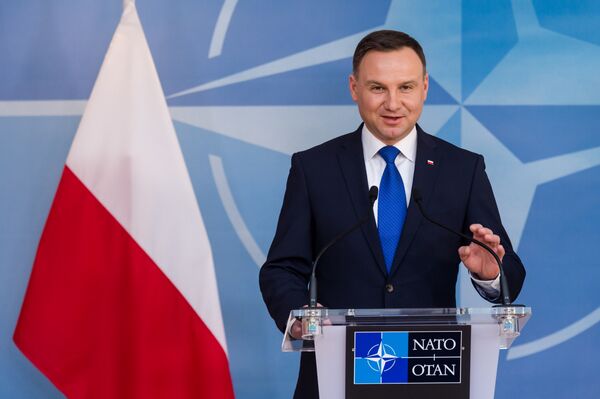
The North Atlantic Alliance enjoys significant support among the country's population. In 2015, more than 70 percent of Poles viewed NATO favorably – up from 64 two years earlier, a poll conducted by the Pew Research Center found.
Poland's anti-Russian stance is not grounded in reality.
"Of course, the 'Russian threat' is not so great as the Poles would have others believe. For all of Warsaw's concern for 'central and eastern Europe,' there have been no real Russian threats against those states," former Special Assistant to President Ronald Reagan Doug Bandow wrote for the National Interest.
"Nothing suggests that [Vladimir Putin] wants Russia to try to digest millions or tens of millions of Georgians and Ukrainians, let alone Poles living in historically Polish territory," he added.
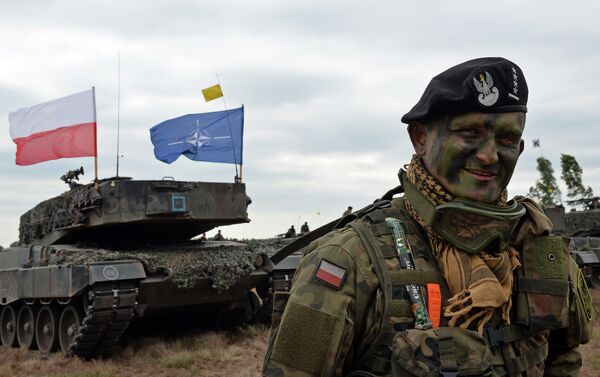
Meanwhile, Polish troops are taking part in the Brilliant Jump 2016 exercise to train the Very High Readiness Joint Task Force (VJTF), which was created following the 2014 summit in Wales in response to Russia's supposed meddling in the Ukrainian crisis. Moscow has always maintained that it is not a party to the conflict and has made every effort to resolve it through the Minsk peace process.
NATO's summit in Warsaw will be held on July 8-9.

